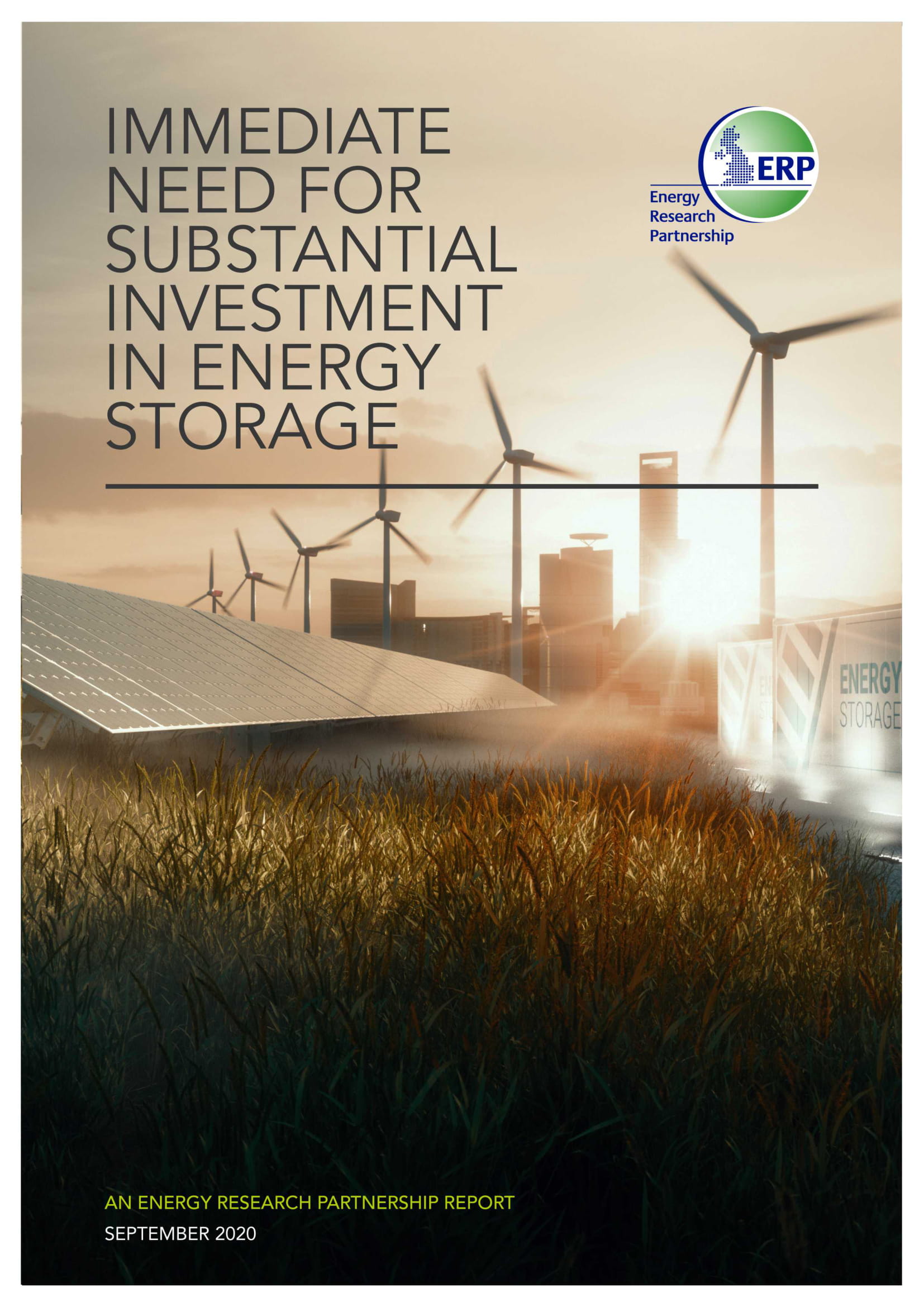
With the transition towards Net-Zero, our reliance on weather dependant energy generation will leave a significant gap in the UK’s energy supply without continuing to use existing fossil fuel reserves.
Increasingly the UK’s electricity supply is reliant upon gas and diesel reciprocating engines to plug the gap when renewable generation is limited due to weather conditions. Short-term engine operating cycles of less than ten minutes result in very low electrical efficiencies and high levels of localised air pollution.
Market uncertainty has slowed the roll-out of battery energy storage assets which are required to replace gas and diesel engines in Fast Response Contracts. Battery energy storage technology (Li-ion) is currently limited to operating periods of less than 2 hours and are generally unable to access around 50% of the installed capacity due to technical constrains.
Reduced renewable energy generation in excess of 2 hours is reliant on gas and diesel reciprocating engines due to CCGT and Nuclear power generation availability at short notice. Further increases of up to 8GW in electrical demand by 2030 is expected due to the forecasted growth in electric powered vehicles. Electrical storage using pumped hydro in the UK has lacked investment and electro-mechanical technologies are still in their infancy, lacking industry and government focus.
Around 80% of the UK’s heat demand is currently supplied by natural gas which is unlikely to be compatible with the Government’s ‘Net-Zero 2050’ target. The expected growth in heat pump deployment for hot water and space heating will add significant electrical demand on the system particularly during periods of low solar electrical energy availability. Although the efficiency of heat pumps is well proven, retrofitting this technology within older properties will require further investment in improving insulation and heat storage.
Contributing ERP Members to this report: –
| ABB
ARUP Atkins Worcester Bosch Carbon Trust Committee on Climate Change Department for Business Energy and Industrial Strategy Department for Transport EDF Energy Energy Saving Trust Energy Systems Catapult ERA Wales and West Utilities |
Environment Agency
EPSRC Hitachi Innovate UK National Grid National Infrastructure Commission Origami Energy Turquoise International Scottish Enterprise Welsh Government UKERC University of Cambridge Ofgem |
Contributing Non-ERP Members to this report:
University of Birmingham

